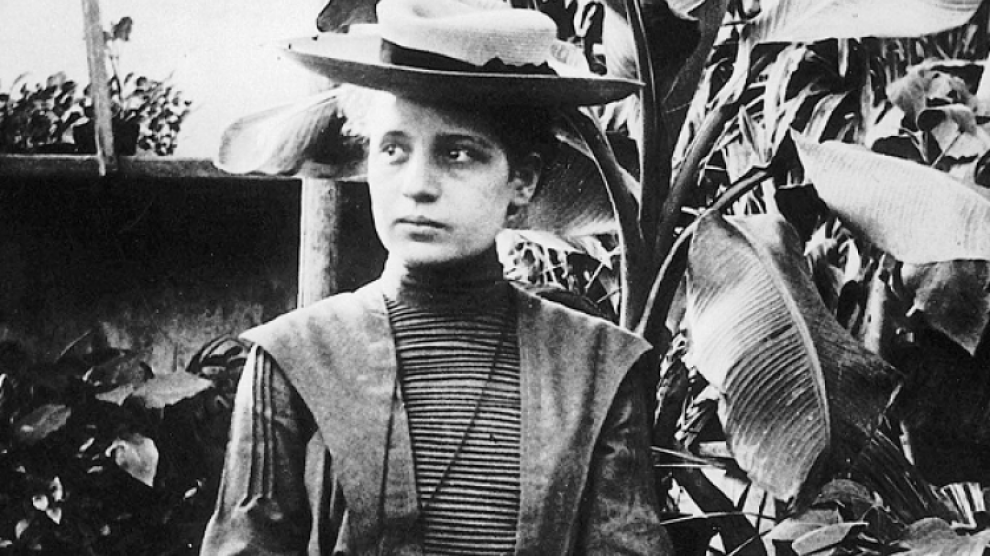Portrait of the day: Lise Meitner
Lise Meitner, who did not give up her passion for physics and made great discoveries despite she faced discrimination, died on October 27, 1968, in Cambridge.

News Center- Women have achieved significant success in the scientific area as well as in many other areas. One of them is physicist Lise Meitner, known as “The mother of the atomic bomb.” Lise Meitner was born on November 7, 1878, in the Leopoldstadt district of Vienna. She was the third of eight children of a Jewish family. She entered the University of Vienna in 1901. She was particularly inspired by Ludwig Boltzmann, and attended his lectures with enthusiasm. She became one of the first women to earn a doctoral degree in physics at the University of Vienna. In 1907, she went to Berlin in order to work with Max Planck and chemists Otto Hahn. Otto Hahn and Lise Meitner discovered the element protactinium.
Lise Meitner discovered the cause of the emission of electrons from surfaces of atoms with signature energies, now known as the Auger effect. After Austria was annexed by Germany in 1938, Lise Meitner was forced to flee Germany for Sweden. She continued her work at Manne Siegbahn's institute in Stockholm, but with little support, partially due to Siegbahn's prejudice against women in science. Otto Hahn and Lise Meitner met clandestinely in Copenhagen in November to plan a new round of experiments. The experiments that provided the evidence for nuclear fission were done at Hahn's laboratory in Berlin and published in January 1939. In 1939, Meitner published the physical explanation for the observations and, with her nephew, physicist Otto Frisch, named the process nuclear fission.
Lise Meitner was ignored
In 1944, Otto Hahn was awarded the Nobel Prize for Chemistry for his research into fission, but Lise Meitner was ignored, partly because Hahn downplayed her role ever since she left Germany.
Lise Meitner retired to Cambridge in 1960, she died on October 27, 1968, in Cambridge. In 1992, element 109, the heaviest known element in the universe, was named Meitnerium (Mt) in her honor. Many consider Lise Meitner the most significant woman scientist of the 20th Century.
